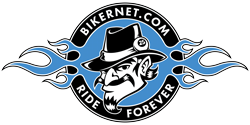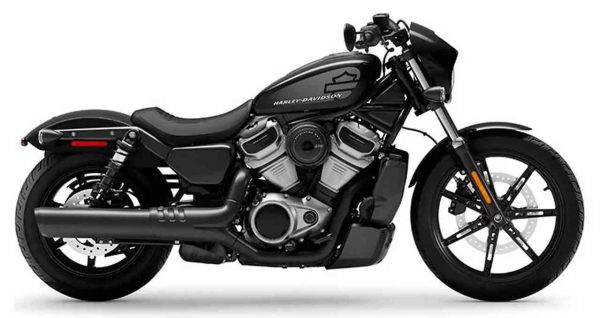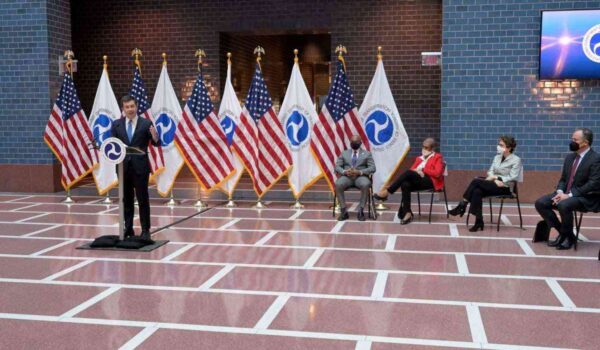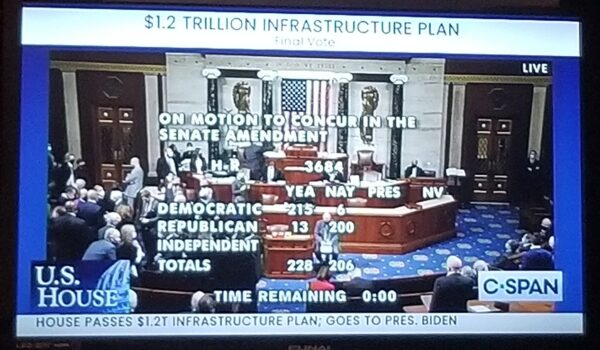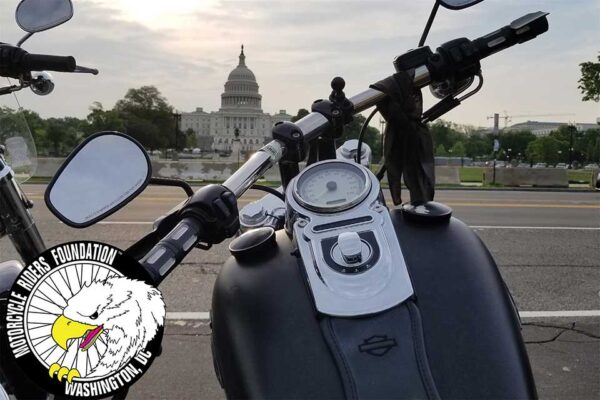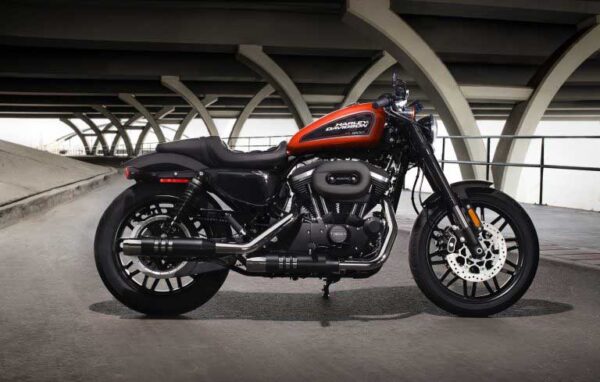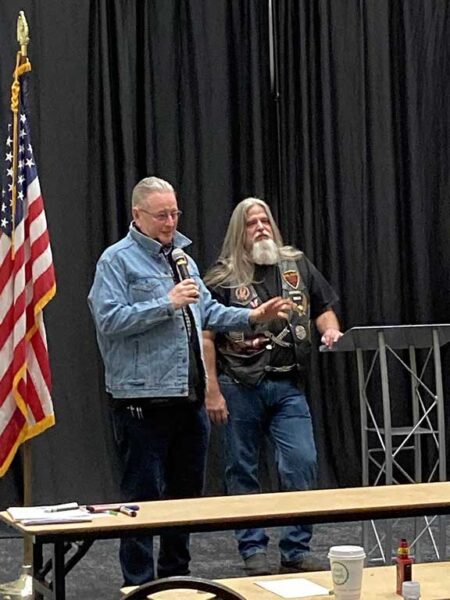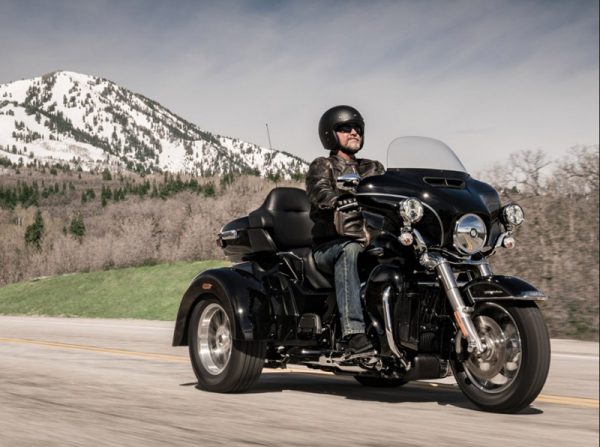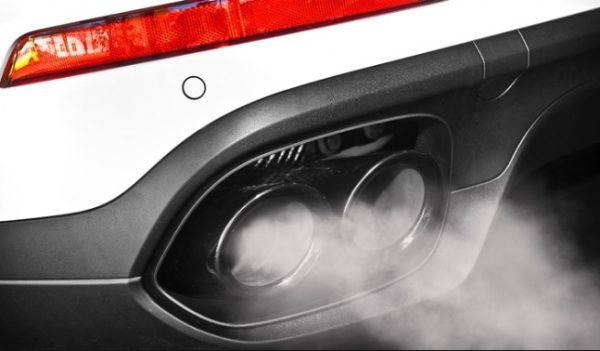Handlebar Recall On Nearly 1,100 Harley-Davidson Nightsters
Faulty welds on these Harley-Davidson motorcycles could cause the bars to break. by Dustin Wheelen from https://www.rideapart.com Harley-Davidson Nightster made a triumphant return to the Sportster lineup in 2022. We last saw the blacked-out bobber in 2012 as the Evolution-powered Nightster 1200 (XL1200N). Ten years later, the revived model benefits from the Motor Company’s new 975cc Revolution Max V-twin and an innovative under-the-seat fuel tank. Those technological advancements don’t eliminate all teething problems, unfortunately. On August 4, 2022, Harley-Davidson received a complaint from a 2022 Nightster (RH975) owner that the left portion of their handlebar broke off while riding. After performing warranty analysis and investigating the matter, the brand potentially received one additional claim related to this issue between August 5, 2022, and September 8, 2022. Harley then informed the U.S. National Highway Traffic Safety Administration (NHTSA) of the Nightster recall on October 6, 2022. According to the documents, a “weld quality issue” with the Nightster’s handlebar (Part No. 55801154) “could lead to separation between the inner and outer sections.” The consequences of such a failure need little explanation, but the recall lists that “a broken handlebar can cause a sudden loss of steering control, increasing the risk of a crash.” The Milwaukee manufacturer narrowed down the recall scope to Nightsters produced between December 6, 2021 and September 9, 2022—accounting for 1,074 units. However, Nightster models produced after September 9, 2022, don’t apply to this recall, as Harley employed “enhanced manufacturing controls” on those units. After informing the NHTSA, the firm notified its dealers of the impending recall on October 11, 2022. One week later, on October 18, 2022, the brand sent notification letters to impacted owners. Once eligible customers transport their Nightster to their local dealership, Harley will replace the faulty handlebars free of charge. While the notification period […]
Handlebar Recall On Nearly 1,100 Harley-Davidson Nightsters Read More »
